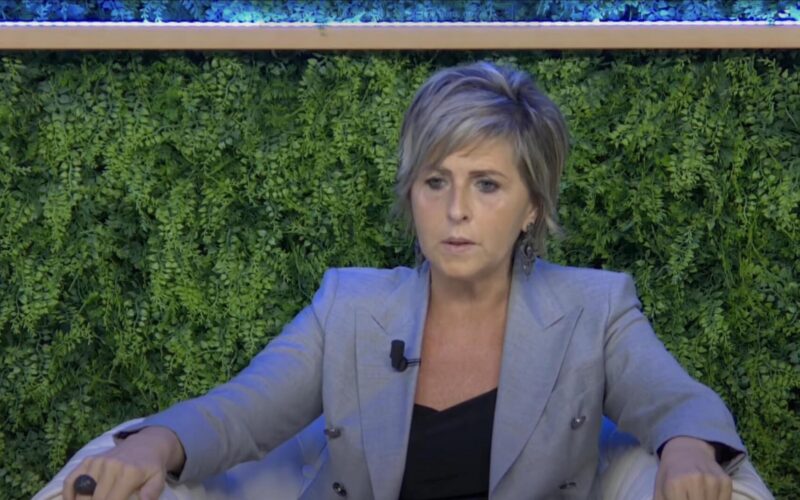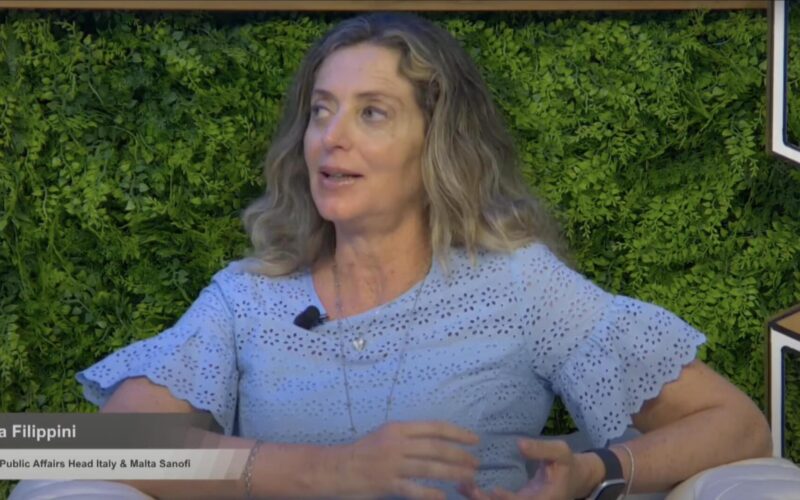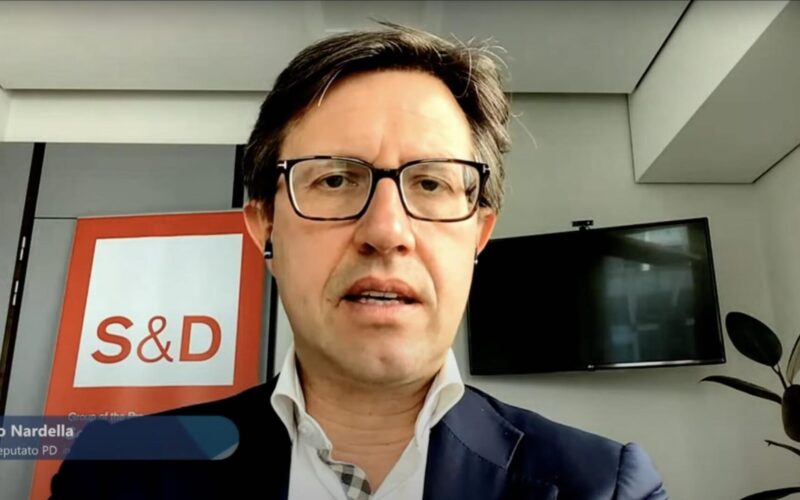Place Lux
Ursula 2.0: what to expect from likely von der Leyen’s second mandate
Di Federico Trenta
Ursula, at last! After weeks of whispering and guessing, the current Commission President announced her bid for a second term at the helm of the European executive. “A conscious decision,” said von der Leyen, who emphasised that “the world has changed profoundly since 2019”, when her name was proposed by French President Macron and then-Chancellor Angela Merkel as Jean-Claude Juncker’s successor as European Commission Chief.
Five years later, after having managed the COVID-19 pandemic and recovery and with an on-going conflict in the heart of Europe, Ursula von der Leyen seems to have her path paved for a second term as candidate of the European People’s Party, projected to rank first in the European elections on 6-9 June.
Von der Leyen’s decision had been in the air for some time and certainly did not come as a surprise, at least among insiders. The current President is in fact the only name, coming from political parties, capable of putting together the qualified majority of the European Council (55% of the Member States representing 65% of the population, ed.) required for the appointment, thanks to her political and diplomatic dialogue with the leaders of opposing parties and the agreement with her former government colleague and current German Chancellor Olaf Scholtz, who is ready to support her in order not to have to give up the Commissioner’s post to the Greens. The danger of repeating what happened in 2019 with Manfred Weber thus seems to have been averted.
The confirmation vote in the European Parliament will be the real test for von der Leyen, where the so-called ‘Ursula majority’ formed by the EPP, S&D and Renew Europe will be tested. As the EPP will count on about 180 votes, the former German Defence Minister will have to find another 130 votes to come back to the Berlaymont for a new mandate. From this perspective, Pedro Sanchez’s endorsement and Emmanuel Macron’s support are crucial, but so will be the relationship developed with Giorgia Meloni, who, by virtue of Renew’s expected drop in the polls, will be able to guarantee Ursula the votes she needs to pass the parliamentary hurdle in exchange for an important role for Italy in the next five years.
A five-year term that is set to be very different, at least in terms of policies to be pursued. Far-right growth should not have an immediate effect on the vote for the Presidency of the Commission due to the crossed vetoes on the possible coalition hoped for by Matteo Salvini (ECR, ID): a coexistence between AfD and CDU-CSU in Germany is practically impossible, as well as between PiS and Civic Platform in Poland.
The far-right growth will instead affect possible majorities when it comes to the political balances on individual dossiers, where many proposals are expected to be greenlighted with a centre-right coalition. While theS&D, Greens and the Left are currently able to achieve a majority with the support of the centrists, the expected decline of Renaissance in France and the Greens in Germany will make the EPP pivotal to reaching any kind of majority. This will force the S&D and Renew to give way on some positions to prevent the EPP from seeking support on the right, where ECR and the fast-growing ID will be able to assert their votes in exchange for political concessions.
Hence, we expect an Ursula 2.0 majority, with a programme less sensitive to the environmentalist claims that have characterised this term and more attentive to priorities historically close to the centre right: support for industry and agriculture, security and defence. The recent withdrawal of the pesticide proposal is a first signal in this direction, as well as a strong campaign move.
The road to a second mandate thus seems to be paved for von der Leyen, but all eyes are on the programme that the President-elect will present to the Parliament for the vote, where Ursula 2.0 will have to strike a balance to secure the support of the EPP-S&D-Renew coalition, while winking at those right forces that could prove decisive for her future at the helm of the new European Commission.







